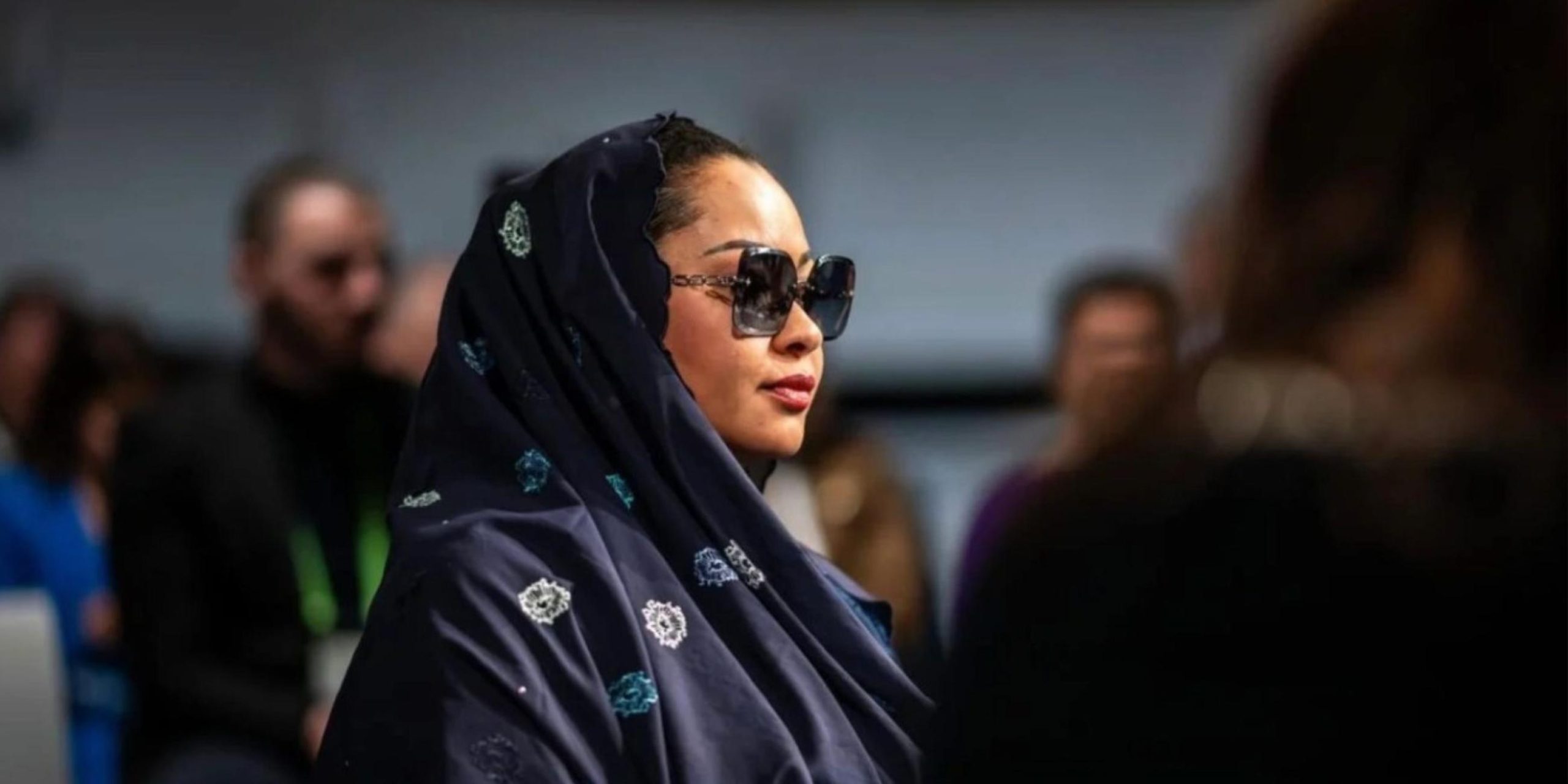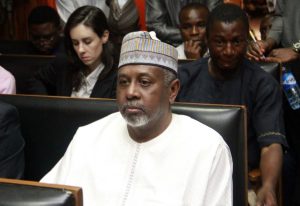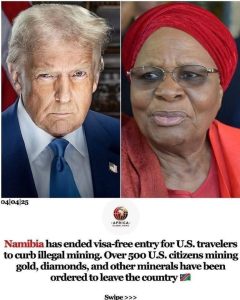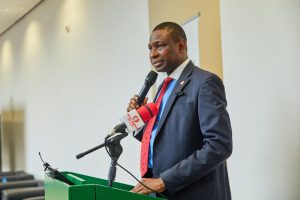Suspended Senator Natasha Akpoti-Uduaghan Faces Court Over Defamation Charges
The Nigerian political landscape braces for another high-profile legal showdown as suspended Senator Natasha Akpoti-Uduaghan prepares to appear before a Federal High Court on Tuesday, June 3, 2025. The embattled lawmaker, representing Kogi Central Senatorial District until her suspension earlier this year, is being arraigned on criminal defamation charges brought against her by the Federal Government of Nigeria. The charges stem from remarks she allegedly made during a live television broadcast and in a private phone call.
Her legal counsel, led by senior advocate West Idahosa (SAN), confirmed the court appearance in an official statement, reiterating her commitment to the rule of law and respect for judicial proceedings, regardless of the underlying political motivations suspected to be at play.
Senator Natasha Akpoti-Uduaghan has long been a thorn in the side of the political establishment, particularly in her home state of Kogi. Her emergence as a vocal advocate for transparency, equity, and justice—especially in matters involving corruption, election violence, and infrastructural neglect—has earned her both admiration and enemies across Nigeria’s polarized political environment.
YOU MAY READ
Senator Natasha Akpoti-Uduaghan Accuses Federal Government of Selective Justice Amid Defamation Charges
A lawyer and development advocate, Akpoti-Uduaghan was elected on the platform of the Peoples Democratic Party (PDP) in 2023 and quickly made waves with her populist rhetoric and refusal to bow to entrenched interests. However, political turbulence has shadowed her path since taking office. Her suspension from the Senate in April 2025 followed a heated session in which she accused Senate President Godswill Akpabio and former Kogi State Governor Yahaya Bello of corruption, abuse of office, and political repression.
The charges leveled against Akpoti-Uduaghan allege that she defamed Senate President Akpabio and Yahaya Bello in both a nationally televised interview and a private phone conversation leaked to the public. According to the Director of Public Prosecutions, Mohammed Abubakar, the remarks “amount to criminal defamation with intent to incite public disorder, damage the reputation of public officers, and disrupt national cohesion.”
While the precise content of the phone call remains disputed, the televised interview drew sharp reactions. Akpoti-Uduaghan had openly questioned the integrity of the Senate under Akpabio’s leadership and accused Bello of overseeing “a shadow government of thuggery, looting, and political intimidation.”
Her lawyers maintain that her statements fall squarely within the bounds of political expression and whistleblower protections, emphasizing that public officials must not be shielded from scrutiny.
YOU MAY READ
Senate President Akpabio and Former Governor Yahaya Bello to Testify in Senator Natasha Akpoti-Uduaghan’s Defamation Trial
Lead counsel West Idahosa stated clearly: “We will be present in court. We are prepared to defend every word uttered by our client and to demonstrate the selective and punitive manner in which the state is applying its prosecutorial discretion.”
He pointed out that while the government has moved swiftly to file charges against Akpoti-Uduaghan, it has failed to act on over a dozen petitions she submitted between March and May 2025. These include allegations of cyberstalking, coordinated online harassment, threats to life, and even a failed assassination attempt involving state agents.
“These are not trivial matters,” said Uju Nwoduwu, another member of the legal team. “Some of the petitions concern the abduction of her protocol staff. That no investigations have been initiated raises serious questions about the independence of the Nigerian justice system.”
The case has garnered nationwide attention, particularly in legal, political, and civil society circles. Some have criticized the government for what they describe as “weaponizing the courts to silence opposition voices.” Others argue that public figures should be held accountable for their speech, particularly when it has the potential to incite unrest or undermine institutions.
Notably, prominent human rights lawyer Femi Falana (SAN) weighed in over the weekend, noting: “If Senator Akpoti-Uduaghan is being prosecuted for making public allegations, then every political actor who has made baseless accusations should be standing trial. The principle of equal justice under law must not be sacrificed on the altar of political expediency.”
Several advocacy groups, including the Centre for Democracy and Human Rights (CDHR) and Enough is Enough (EiE) Nigeria, have demanded transparency in the proceedings, urging the judiciary to maintain impartiality.
Observers note that the charges against Akpoti-Uduaghan bear resemblance to other politically tinged legal actions. Critics argue that Nigeria is witnessing a resurgence of legal suppression of dissent, often cloaked in the language of national security or public morality.
The timing of the charges—coming just weeks after the senator’s vocal campaign against the Senate’s appropriation of luxury SUVs for legislators—has fueled speculation. Her advocacy for redirecting such funds to health care and education earned widespread public support but reportedly irritated influential power brokers.
YOU MAY READ
BREAKING NEWS: Federal Government Files Criminal Charges Against Suspended Senator Natasha Akpoti-Uduaghan
Since emerging onto the political scene in the mid-2010s, Natasha Akpoti-Uduaghan has branded herself as a disruptor. Her 2019 gubernatorial campaign in Kogi—though unsuccessful—cemented her reputation as a fearless advocate for marginalized communities, particularly in Ebira land. Her campaign focused on anti-corruption, women’s rights, and youth empowerment.
After clinching the Senate seat in 2023, she made headlines with her legislative proposals on electoral reform, digital privacy, and oil-producing communities’ rights. Her style—unapologetically confrontational—has drawn both admiration and controversy.
In an interview before her suspension, she remarked: “Nigeria doesn’t need politicians who speak from both sides of the mouth. We need truth-tellers, even if they’re crucified for it.”
The Senator’s legal team maintains that the state’s actions represent an egregious case of selective justice, with the government choosing to prosecute her while ignoring her own credible allegations against powerful individuals.
This complaint is not without precedent. Nigeria’s judicial system has long faced allegations of politicization, particularly in the treatment of opposition figures. From the case of Omoyele Sowore to former CBN Governor Sanusi Lamido Sanusi, many activists and politicians have cried foul over what they perceive as the strategic use of legal apparatus to neutralize dissent.
With general elections looming in 2027, political analysts say the Akpoti-Uduaghan case may signal early efforts to sideline key opposition voices. Her rising popularity, particularly among young voters and women, makes her a potential kingmaker or even candidate for higher office in future elections.
“It’s no coincidence,” said political analyst Jide Alabi, “that those who speak the most boldly against corruption are the ones being dragged to court, while those with credible accusations hanging over their heads roam free.”
The case is scheduled to begin Tuesday morning at the Federal High Court in Abuja. Analysts expect preliminary motions from the defense challenging the admissibility of the charges and questioning jurisdiction. The defense may also push for the consolidation of this case with other related petitions to highlight the pattern of political harassment.
The Federal Government, meanwhile, is expected to argue that the matter is strictly legal, not political, and that defamation—even by politicians—must not go unpunished in a civilized society.
Legal scholars say the outcome could set a significant precedent for the relationship between free speech and public accountability in Nigeria.
Senator Natasha Akpoti-Uduaghan’s court appearance on Tuesday will be more than just a legal ritual—it will be a defining moment for Nigeria’s democracy. It will test the resilience of its judicial institutions, the maturity of its political class, and the extent to which freedom of expression can be exercised without fear of retribution.
At the heart of the matter lies a simple but profound question: In a democracy, should the right to criticize power be protected—even when it unsettles those in power?
Only time—and the court—will tell.





